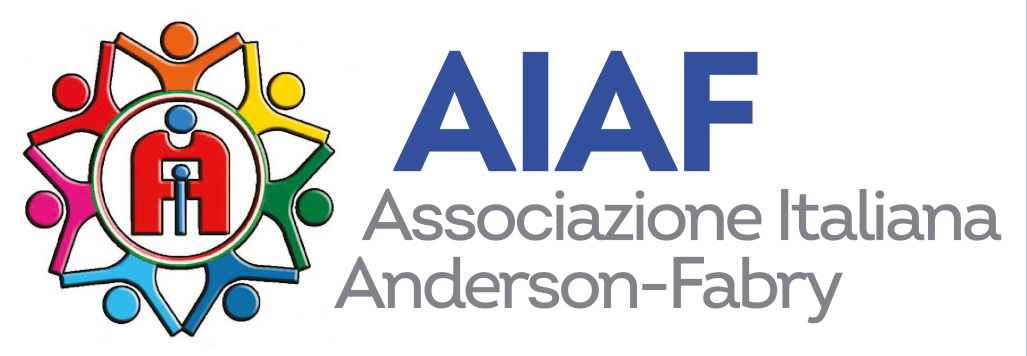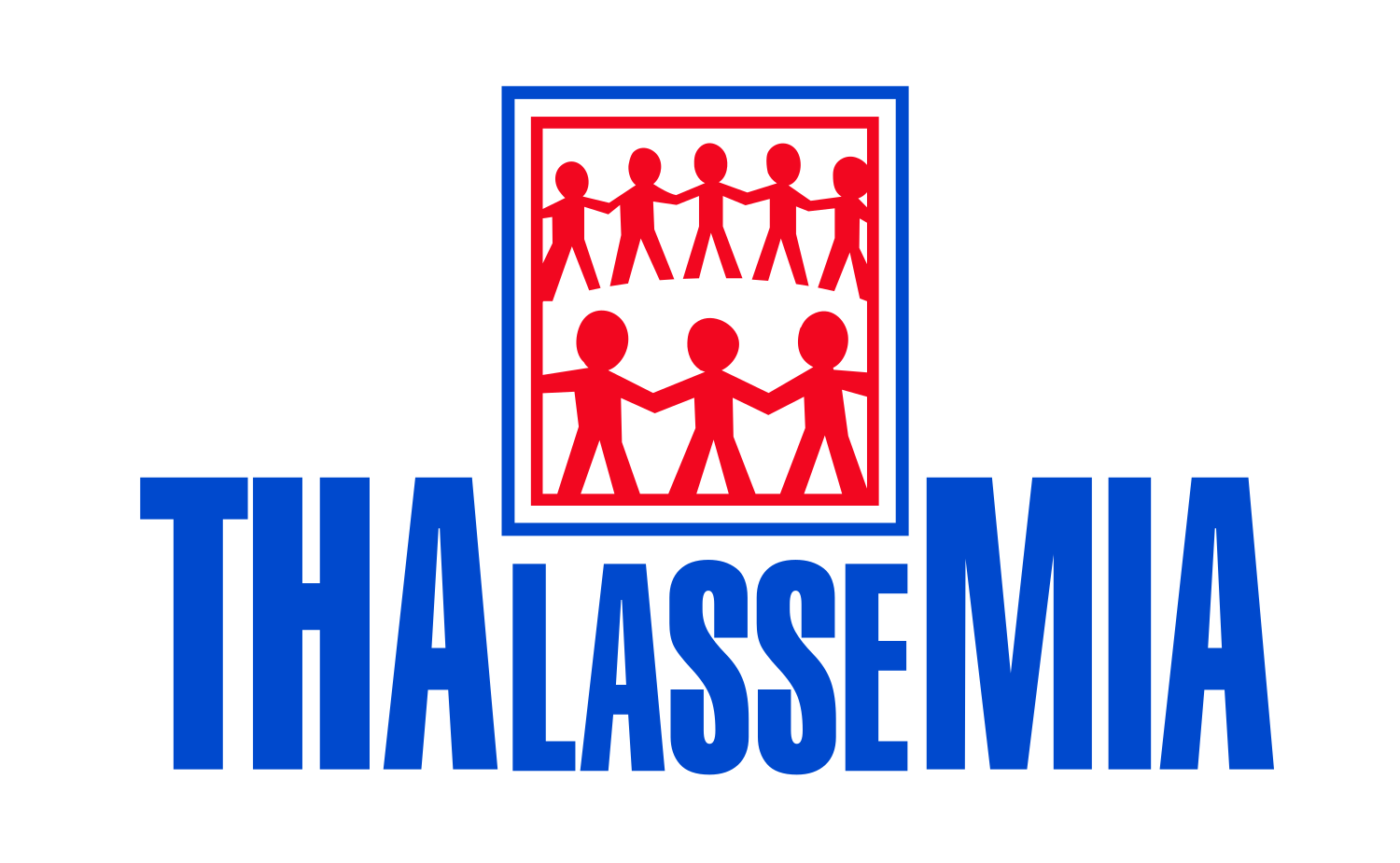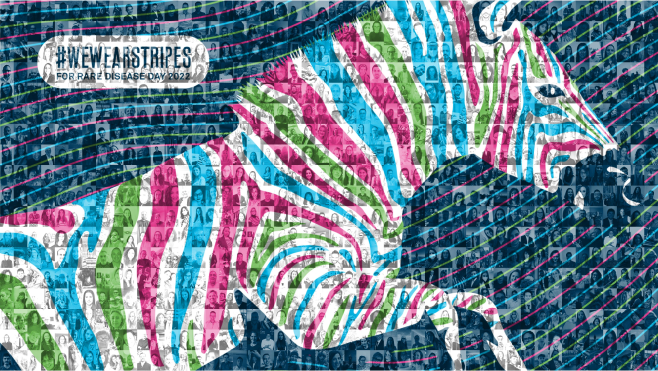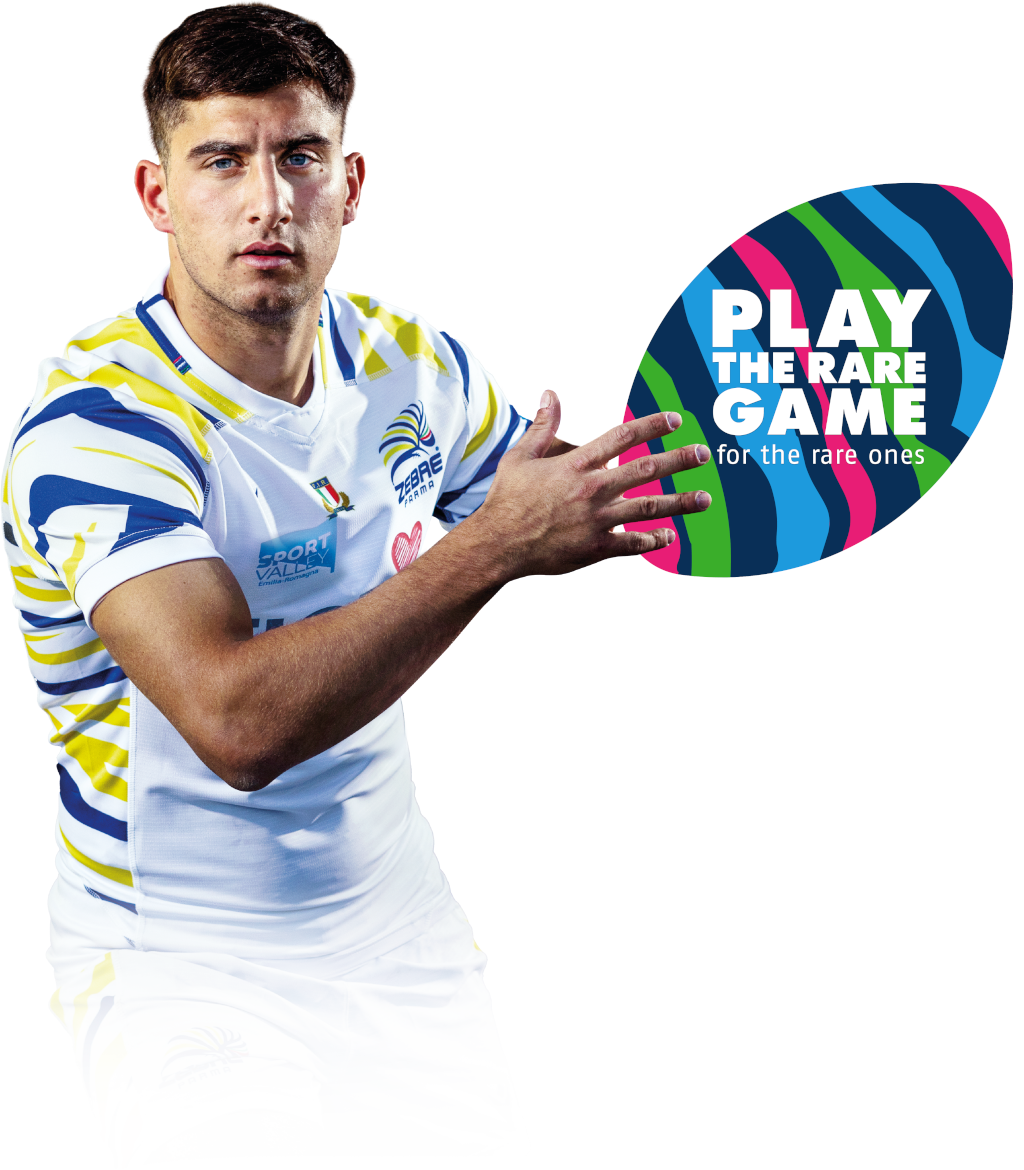
29th FEBRUARY IS
RARE DISEASE DAY
Every day is the Rare Disease Day and every day we can play for the rare ones. Pass the ball using the special filter, upload your photo or video on your social network and become part of this unique project. You can help making the wishes of kids living with a rare or severe diseases come true!
-
Apply the filter and take your picture.
-
Share it on social media with #PlayTheRareGame and tag @chiesiglobalrarediseases.
-
Each picture corresponds to a ball pass: the more passes, the more wishes fulfilled. Tag your friends and share it!

#PLAYTHERAREGAME
there are diseases that are rare and there are actions that shouldn't be rare
On February 29th #WeWearStripes and now as a team we want to #PlayTheRareGame. Get in the game and play for the Rare Disease Community and their supporters to promote inclusion at every level. Join a global chain of passes to contribute raising awareness on rare diseases. We will get the ball rolling during the Zebre Parma rugby match on Saturday December 3rd at their stadium in Parma, Italy. The chain started in Parma with the first physical pass and will continue digitally and physically throughout the world. The ball pass represents figuratively the passage of knowledge on rare diseases. Each pass will support Make-a-Wish® International in granting wishes to children with severe illnesses. The more passes the more wishes fulfilled, so come and make your pass! On Rare Disease Day 2023 you will find out how you played a role in the rare game.

Chiesi Global Rare Diseases supports the rare disease community

In partnership with:




Do you want to participate with your Patients Associations?

#WeWearStripes
for the Rare Ones
Why the stripes? These are not any stripes; these are the Zebra stripes in the Rare Disease Day colours. Indeed, the Zebra is the symbol for rare diseases. In medical school, future doctors learn the saying “when you hear hoof beats, think horses, not zebras”, meaning that they should always think of the most likely diagnosis, rather than the less common one, like a rare disease. But “rare” does not only mean “uncommon”, it also indicates uniqueness.
Why wearing the stripes then? Because each and everyone of us is “rare” and unique, just like each zebra has its own markings, that make it different and special. That is why #WeWearStripes: to get closer and to give voice to the entire Rare Disease Community.
In 2021, the first edition of the social media campaign #WeWearStripes encouraged everybody to wear their striped clothes as a message of closeness to the Rare Ones. Each picture contributed raising awareness and supporting EURORDIS in its mission.
In 2022, we realized that we are not the only ones to wear stripes! That is why we joint our forces with the Italian Zebre Rugby Club and with Make-a-Wish International. Together, we invited people to wear stripes in a new way: through the zebra filter. All these photos taken with the filter merged together into a mosaic showing a zebra, the symbol of rare diseases, in the Rare Disease Day colors.
In this way, all participants felt and were literally united in one single team. Each of their pictures was a concrete contribution to support Make-a-Wish International in fulfilling the wishes of kids living with severe or rare conditions.
Both campaigns were amplified by international athletes that became WWS ambassador, representing the sports value of diversity, inclusion, respect and togetherness that are intrinsic to the initiative.
As the striped team got larger and larger, we can now wear the stripes all together and start to #PlayTheRareGame.


Interviews

Visit the dedicated international website
for more information on:
Visit the dedicated U.S. website
for more information on:



Scoring a try with:

When a child is diagnosed a critical illness, so much of normal childhood is taken away from them. A wish is something that gives them the opportunity to look outside their illness: it restores a sense of childhood back to the child and normalcy back to the family.
Wishes make the impossible, possible — helping children replace fear with confidence, sadness with joy and anxiety with hope.
That is why Chiesi Global Rare Diseases has chosen Make-a-Wish® International as partner for this project. 5

Rare is many.
Rare is strong.
Rare is proud.
About the Rare Disease Day
The Rare Disease Day - created by EURORDIS in 2008 - takes place on the last day of February and is celebrated in over 100 countries all over the world.
Its main objective is to raise awareness among the general public and decision makers about rare diseases and their impact on people's lives.

SOURCES
- 1. Nguengang Wakap S et al. Estimating cumulative point prevalence of rare diseases: analysis of the Orphanet database. Eur J Hum Genet 28: 165-173 (2020).
- 2. EURORDIS, Rare Disease Day Press Release, 25th January 2020
- 3. Spotlight on Rare Diseases. The Lancet of Diabetes & Endocrinology 2019;7(2): 75
- 4. A guide for the diagnosis of rare and undiagnosed disease: beyond the exome. Shruti Marwaha, Joshua W. Knowles & Euan A. Ashley – 2022
- 5. All informations regarding Make-A-Wish® International are taken from worldwish.org


